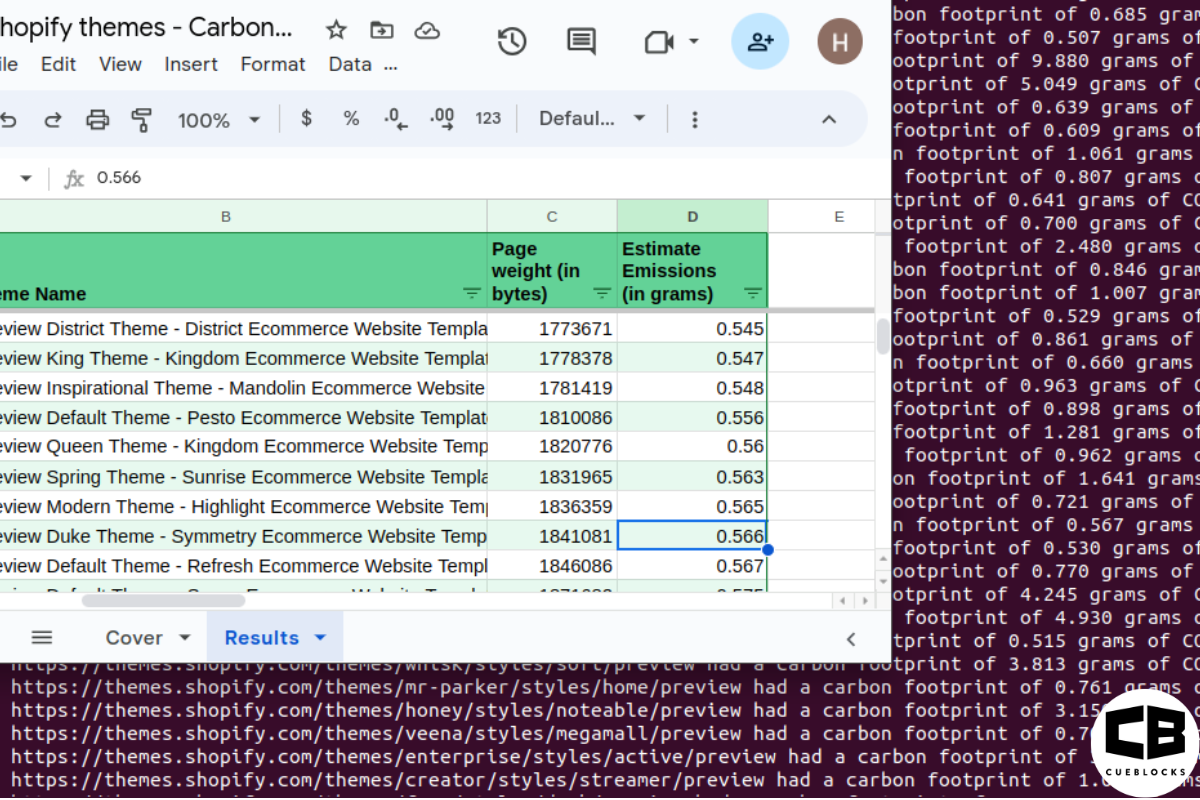
Google becomes more accessible (literally) – "Google Accessible Search"
Google Labs now features a new product – Google Accessible Search. An outstanding product that “goes one step further than regular Google search by helping you find the most accessible pages in that result set.”
Aptly titled – “Accessible Web Search for the Visually Challenged” Google has done a terrific job by starting Accessible Search for making the search more friendly for the blind and visually impaired users.
One of the first things I wanted to do was to check how different were the results that Google gave in it’s regular web search and the ones thrown by Accessible search. The results for the same keywords differ significantly – Accessible search doing further fine tuning/processing and assigning ranking based on the evaluation factors of simplicity of the page, visual presence and here is the key “Accessibility” of the website
Taken from Accessible Search FAQ:
How do you decide which sites are “accessible” and which are not?
“Our methods for identifying accessible pages and content are always evolving; Currently we take into account several factors, including a given page’s simplicity, how much visual imagery it carries and whether or not it’s primary purpose is immediately viable with keyboard navigation.”
How can sites make their content more accessible to the blind?
“Some of the basic recommendations on how to make a website more useable and accessible include keeping Web pages easy to read, avoiding visual clutter — especially extraneous content — and ensuring that the primary purpose of the Web page is immediately accessible with full keyboard navigation. There are many organizations and online resources that offer Website owners and authors guidance on how to make websites and pages more accessible for the blind and visually impaired…”
– In case you are new to Accessibility and want to know more about it, read Avneet’s article on: “Website Accessibility – Why it matters”
Accessibility: We define website accessibility as the ability of a website to be used by all, irrespective of mode or disability. More specifically, Web accessibility means that people with disabilities can perceive, understand, navigate, and interact with the Web, and that they can contribute to the Web. Web accessibility also benefits others, including older people with changing abilities due to aging.
Accessibility Statement: In what specific ways (keyword shortcuts etc.) do you make your site more accessible to disabled people.
Sample the Accessibility statement of CueBlocks.
– All the proponents of Accessibility standards would be beaming with happiness and would feel vindicated :-). Since ‘what Google does’, resonates & has a far reaching impact on online world, “Accessibility” would be one of the words soon making inroads into the regular vocabulary of webmasters / designers / developers.
– The Impact on websites would be that the following phrases and techniques would now be “in” and more widely adhered to from here on:
– Accessibility
– Accessibility statements on sites
– Focus on content and proper coding to assist proper viewing in text based browsers and reading devices.
Overall an excellent initiative by Google and about time it happened!!
Recommended link:
- About the Author
- Latest Posts
One Reply to “Google becomes more accessible (literally) – "Google Accessible Search"”
Comments are closed.
-
Evaluating the Carbon Emissions of Shopify Themes
by Harleen Sandhu
Committing to green claims as a business is a huge promise to deliver on. For ecommerce stores, Shopify is leading …
Continue reading “Evaluating the Carbon Emissions of Shopify Themes”
-
Dark Mode: Accessibility vs Sustainable Web Design
by BalbirIntroduction Dark mode, a feature that lets users switch the color scheme of an app or website to darker colors, …
Continue reading “Dark Mode: Accessibility vs Sustainable Web Design”
-
Discover Essential Sustainable Marketing Principles and Strategies for Ethical Business Growth
by Pancham Prashar
Given the major issues that our world is currently facing, such as pollution and climate change, sustainability becomes an inevitable …
-
Show, Don’t Tell: Demonstrating Transparency in Your eCommerce Store
by Pancham PrasharFor an eCommerce brand committed to good, success goes beyond creating excellent products; it extends to effectively communicating your values …
Continue reading “Show, Don’t Tell: Demonstrating Transparency in Your eCommerce Store”
-
How to Market Sustainable Products Effectively
by Nida Danish
In today’s market, sustainability has evolved from a passing trend to a pivotal consideration for both consumers and businesses. Globally, …
Continue reading “How to Market Sustainable Products Effectively”
-
Decoding B Corp Marketing Challenges: Strategies for Success
by Nida DanishToday, businesses place high importance on sustainability and ethical practices. For B2B and e-commerce leaders, being a certified B Corp. …
Continue reading “Decoding B Corp Marketing Challenges: Strategies for Success”





Google’s Accessible Search, is not so accessible…
* Wrong DOCTYPE
* Page does not validate
* Uses FONT tags
* Users and interchangeably
etc. etc.
Somone is already knocking on Google’s doors thankfully.